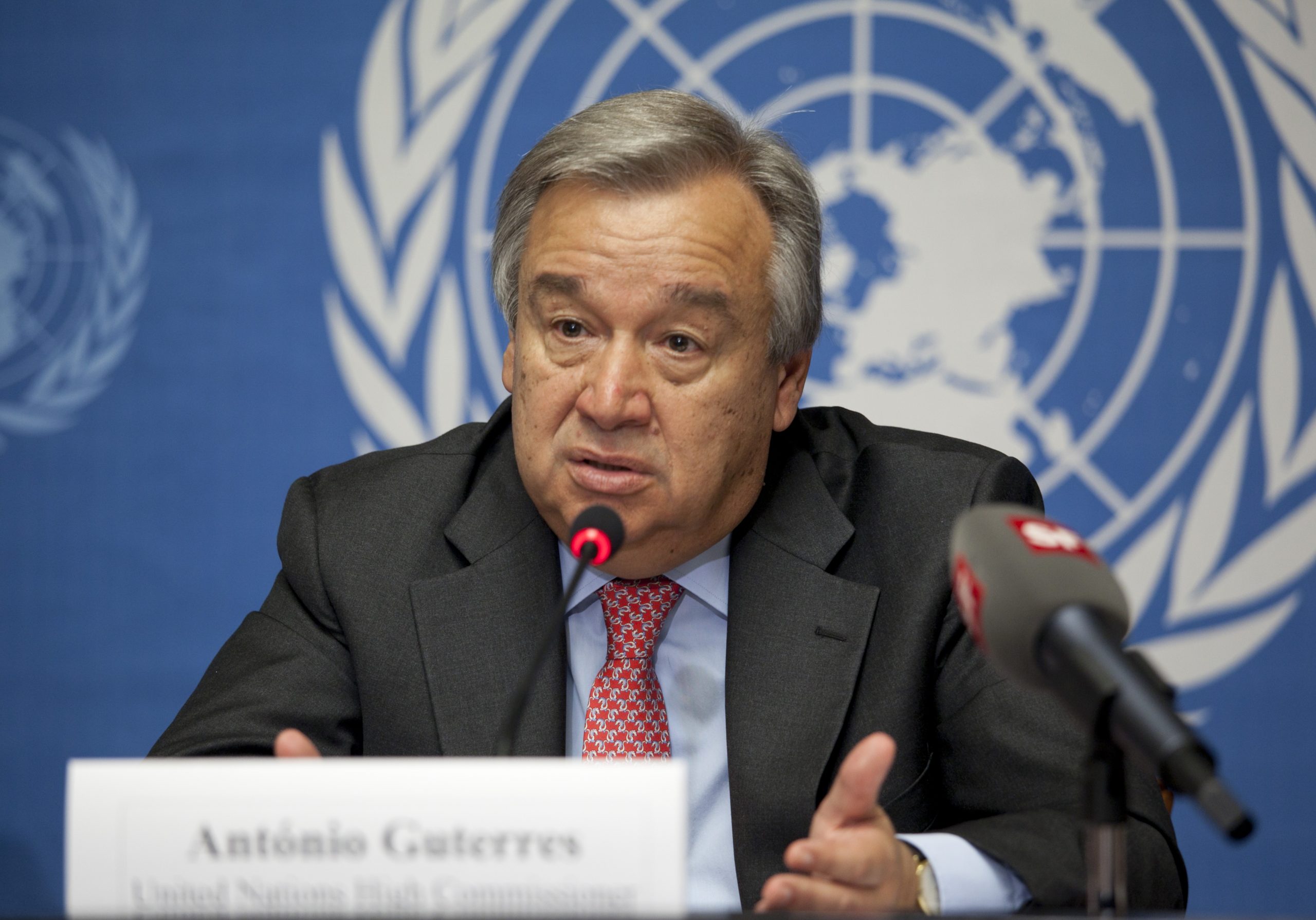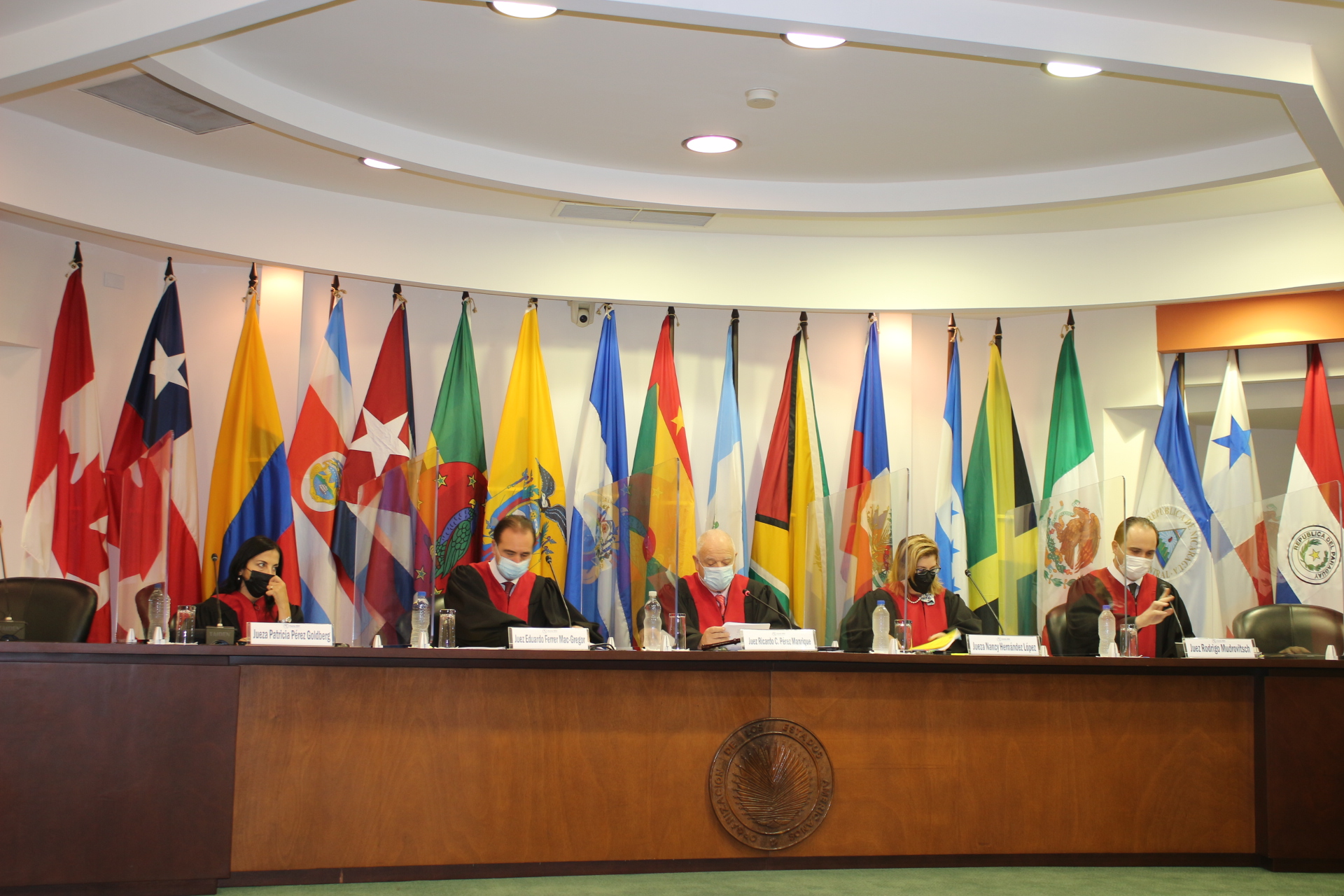On 17 September 2021, the UN Secretary-General released his annual report on reprisals and intimidation against individuals and groups seeking to cooperate with the UN on human rights. Once again, the report identifies a high number of threats and attacks aimed at retaliating against defenders and discouraging cooperation with the UN.
The UN relies on the cooperation of those it serves. Individuals and groups provide valuable insights and information about violations and abuses, and are instrumental in pushing for relevant action to be taken. Everyone has the right to engage with the UN and that right must be respected and protected by the UN and States.
‘Once again, the Secretary-General’s report is appalling and the situation shows no sign of improving’, said Madeleine Sinclair, New York Office Co-Director and Legal Counsel at ISHR. As was the case last year, the SG’s report documents cases from 45 countries, the vast majority of which have been cited in the report before. New countries cited this year include the Central African Republic, Ethiopia, Indonesia, and Tanzania.
‘Around the world, human rights defenders continue to work tirelessly for a society that is more free, equal, just and sustainable. Because of their work, defenders continue to face unacceptable risks. They are threatened, harassed, stigmatised, attacked, jailed, even killed— the SG’s report is evidence that there is much work to be done to ensure defenders can safely engage with the UN,’ added Sinclair.
With elections to the Human Rights Council around the corner, it’s once again deeply disturbing that a number of current members (Bahrain, Bangladesh, Cameroon, China, Cuba, India, Indonesia, Libya, Mexico, Pakistan, Philippines, Russian Federation, Venezuela) and candidates for membership (Cameroon, India, and the United Arab Emirates) appear in the report.
Unlike the previous two reports, this year’s does not document countries for which the Assistant Secretary-General for human rights, and senior official on reprisals, addressed ‘patterns’ of intimidation and reprisals. This has seemingly been displaced in favor of a mention for certain countries that ‘multiple UN actors addressed allegations of intimidation and reprisals’. The list of countries cited for ‘patterns’ was 11 in 2020. This year there are nine countries for which ‘multiple UN actors’ addressed allegations: China, Egypt, India, Iran, Israel, Myanmar, Philippines, Saudi Arabia, Venezuela, and Viet Nam.
‘It is disappointing that the ASG has stepped back from specifically addressing countries for patterns where they have repeatedly attacked defenders with impunity for engaging with the UN. It was a small but positive step in pushing for accountability by the worst offenders and dispensing with it after two reporting cycles seems a step in the wrong direction,’ said Sinclair.
As is the case every year, the report notes that some cases are not included for fear of further reprisals. However, as has been the case previously, some cases were notably left out of this year’s report without explanation. One such case is Hui-Jung Chi, a well-known Taiwanese activist. On 16 September 2020, Ms. Chi was blocked from participating in a virtual meeting held by UN Women’s Asia Pacific Regional Office. ISHR’s submission to the SG’s report contains more information about the case.
UN Women’s actions to restrict or withdraw the right to participate in its meeting from independent civil society working to protect human rights are deeply worrying and are a clear violation of the right of everyone, individually and in association with others, to unhindered access to and communication with international bodies. ‘Regrettably, UN Women’s actions demonstrate implicit support to documented efforts to restrict and thereby discredit Taiwanese civil society attempting to cooperate with – or simply visit – the UN. In other words, this concerning incident is not isolated, but rather forms part of a larger unjust and discriminatory practice endorsed by the UN, in particular through management structures, rules and processes at UN Headquarters and Offices’, said ISHR Programme Director Sarah Brooks. ‘It goes without saying that the SG should include all relevant cases in his report, including those implicating a UN agency’, Brooks added.
ISHR’s submission presents a disturbing pattern of intimidation and reprisals from States defaming and stigmatizing defenders, to criminalising their work, to killing them. Earlier this year, ISHR analysed the 709 cases or situations of intimidation and reprisals documented in the UN Secretary-General’s annual reports from 2010-2020 and looked at trends and patterns in the kinds of cases documented by the SG, how these cases have been followed up on over time, and whether reprisal victims consider the UN’s response effective.
The study drew several useful conclusions and recommendations, including that:
- additional resources should be provided to the team at OHCHR working on reprisals to further improve reporting, follow-up, coordination, and analysis;
- more robust political action is needed against countries with systematic reprisal and intimidation practices;
- more attention should be devoted to countries with highly restricted civil society and few reported cases;
- further research is warranted into regional disparities;
- all UN entities dealing with HR issues should establish clear protocols on how to prevent and respond to reprisals connected to their work; and
- more sustained attention and follow-up on reprisal cases throughout the UN system is needed to enhance positive impact on victims.
‘Documenting reprisals in a report is important but it’s only the first step. The UN and Member States must do more! We need consistent and meaningful follow up and we need more States speaking out loudly and often about these shocking cases,’ said Sinclair.
The report will form the basis of an interactive dialogue with the Assistant Secretary-General for Human Rights on 29 September 2021. ‘The report is presented every year to States: States should use that opportunity to hold their peers accountable, speak out about specific cases, push for accountability, an end to impunity, and reparations for victims,’ Sinclair concluded.
At this session of the Human Rights Council, member States are negotiating a resolution on cooperation with the UN in the field of human rights (the ‘reprisals resolution’). ISHR is advocating alongside others for the adoption of a strong text that reflects the realities of defenders and victims of reprisals. Click here for more information about how you can join us in our effort to #EndReprisals.
Help us to #EndReprisals at the UN




